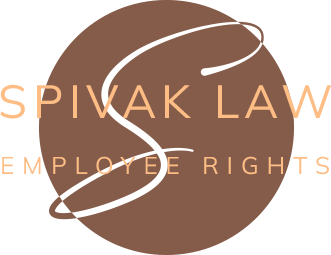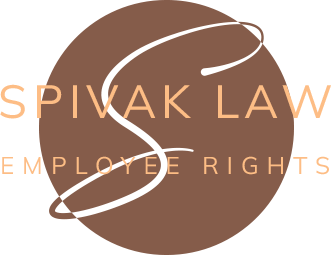
Islamophobia
Islam is a diverse religion with over 1.8 billion followers worldwide. Muslims come from all ethnicities and backgrounds, and they hold a wide range of beliefs and practices. Generalizing about Muslims is not only inaccurate but also disrespectful.
Islamophobia is the irrational fear, hatred, or prejudice against the religion of Islam or Muslims in general. Islamophobia can infiltrate the workplace in various subtle and blatant ways, creating a hostile environment for Muslim employees. Islamophobia can lead to negative stereotypes about people of Arab or Persian ancestry, often regardless of whether they are Muslims.
Here are some of the common manifestations of Islamophobia:
- Stereotypes and Microaggressions: Casual comments or assumptions about Muslims being lazy, uneducated, or prone to violence. Microaggressions, though seemingly minor, can be constant and create a feeling of being unwelcome.
- Exclusion and Discrimination: Being passed over for promotions, overlooked for training opportunities, or ostracized by colleagues due to their religion.
- Dress Code Issues: Muslim employees, particularly women who wear headscarves (hijabs), might face scrutiny or pressure to conform to dress codes that don't accommodate religious attire.
- Scheduling Issues: Unreasonable scheduling conflicts with prayer times or religious holidays. Unwillingness to provide flexible scheduling for important religious observances.
- Lack of Religious Accommodations: Companies might not offer prayer spaces or designated break times for prayer, which can be a basic need for some Muslim employees.
- Post-9/11 Stereotypes: Being unfairly profiled or associated with terrorism based solely on religion.
- Offensive Jokes and Slurs: Derogatory comments or jokes about Islam or Muslim customs, creating a disrespectful and hostile work environment.
- Workplace Bullying: Intentional intimidation, insults, or threats targeted towards Muslim employees.
These Islamophobic behaviors can have a significant negative impact on Muslim employees, leading to:
- Reduced Job Satisfaction and Morale: Feeling ostracized or discriminated against can make it difficult to enjoy work and feel valued as an employee.
- Increased Stress and Anxiety: Constant microaggressions or a hostile work environment can create significant mental health burdens.
- Lower Productivity: Feeling unsafe or unwelcome can hinder focus and make it difficult to concentrate on work tasks.
- Difficulty Advancing in Career: Unfair treatment or lack of opportunities due to religion can limit career progression.
Discrimination against Muslim employees is more likely to arise when the following employment protections are absent:
- Diversity and Inclusion Training: Companies can implement training programs to educate employees about Islam and combat Islamophobia in the workplace.
- Clear Anti-Discrimination Policies: Having clear policies that prohibit discrimination based on religion and outline complaint procedures is crucial.
- Religious Accommodation Policies: Establish clear guidelines for accommodating religious practices like prayer times or dress code.
- Provide Prayer Spaces: Offering designated prayer spaces demonstrates respect for Muslim employees' religious needs.
- Speak Up Against Islamophobia: Employees and managers should feel empowered to challenge Islamophobic behavior and promote inclusivity.
By creating a workplace culture of respect and understanding, employers can ensure a safe and inclusive environment for all employees, regardless of their religion. If you are a victim of workplace discrimination because you are Muslim, please contact us for help.

Types of Employment Law cases we take
Contact The Spivak Law Firm Today
.2302071229196.jpg)

